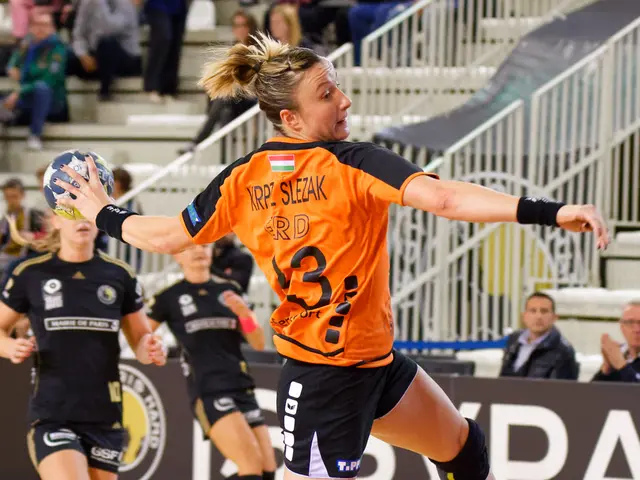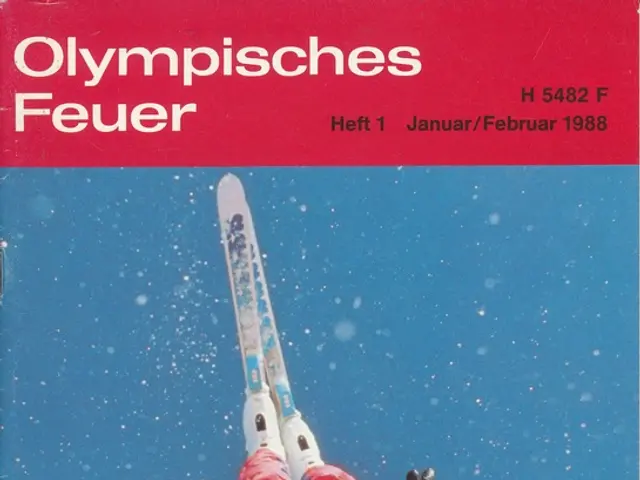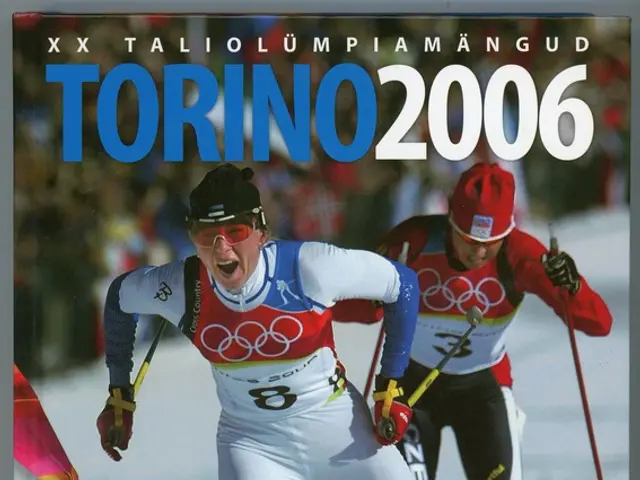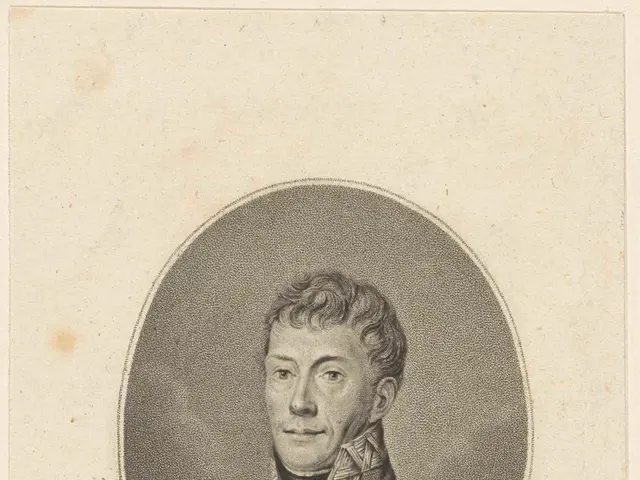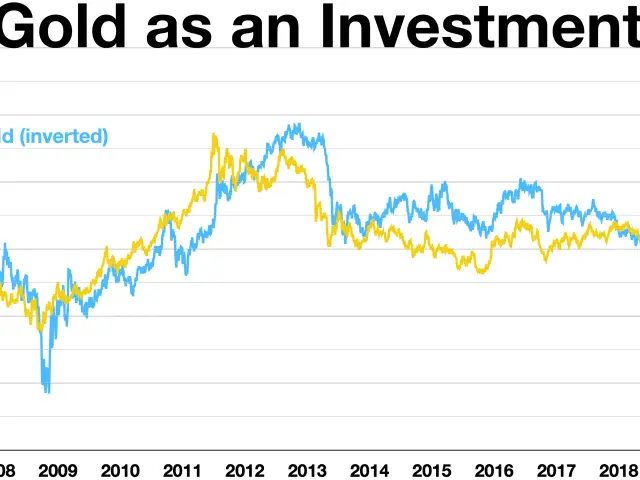Controversial Penalty Kick Victory by Sainz: Unveiling the Underlying Struggles of Formula One Racing
In the thrilling world of Formula 1, the latest controversy revolves around the penalties handed out to drivers and their subsequent revisions. The case of Carlos Sainz from the Zandvoort Grand Prix has sparked a heated debate among drivers, team principals, and fans alike, with several key points of contention.
Rookie Isack Hadjar admitted to not fully understanding the rules in Formula 1, while some more experienced drivers, including Alex Albon, expressed confusion over the racing regulations. The debate reached a peak when Haas team principal Ayao Komatsu questioned the fulfillment of the significance criterion for the 'Right of Review' in Sainz's case.
The controversy began when Sainz was penalised for not meeting the requirements to gain the outside position during the race. However, the live onboard footage of Sainz and Liam Lawson already clearly showed Lawson's slide, which is a point of contention. The stewards argued that 360-degree camera footage and reverse onboard cameras provided new and relevant evidence in Sainz's case, leading to the penalty being overturned.
Sainz clarified that guidelines are not rules and are meant for assessing incidents. He suggested having at least two permanent stewards and a rotating third for training purposes, to ensure consistency and professionalism in decision-making. Komatsu, too, believed the stewards made a misjudgment in issuing the penalty against Sainz during the race.
The 'Right of Review' requires the presentation of new, significant, and relevant evidence for a new hearing. In Sainz's case, the new evidence included previously unseen onboard footage and testimony, which justified reopening the case. Formula 1 has no issue with Williams successfully appealing the penalty against Sainz from Zandvoort using a 'Right of Review'.
However, the discussion of professional stewards includes the question of who will pay their salaries. Some in the paddock are against the idea of having the same officials for every race for fairness reasons. The FIA has been complaining about its relatively meagre remuneration from commercial rights holder Liberty Media for years.
Sainz argued that there should be enough money in Formula 1 to pay professional stewards. He expressed surprise about the discussion of salaries in Formula 1, suggesting that the sport's financial success should be utilised to improve its governance.
The debate continues, with drivers and team principals calling for clarity and consistency in the stewards' decisions. As the season progresses, it remains to be seen how Formula 1 will address these concerns and ensure a fair and transparent racing environment for all.
Read also:
- United States tariffs pose a threat to India, necessitating the recruitment of adept negotiators or strategists, similar to those who had influenced Trump's decisions.
- Weekly happenings in the German Federal Parliament (Bundestag)
- Southwest region's most popular posts, accompanied by an inquiry:
- Discussion between Putin and Trump in Alaska could potentially overshadow Ukraine's concerns

